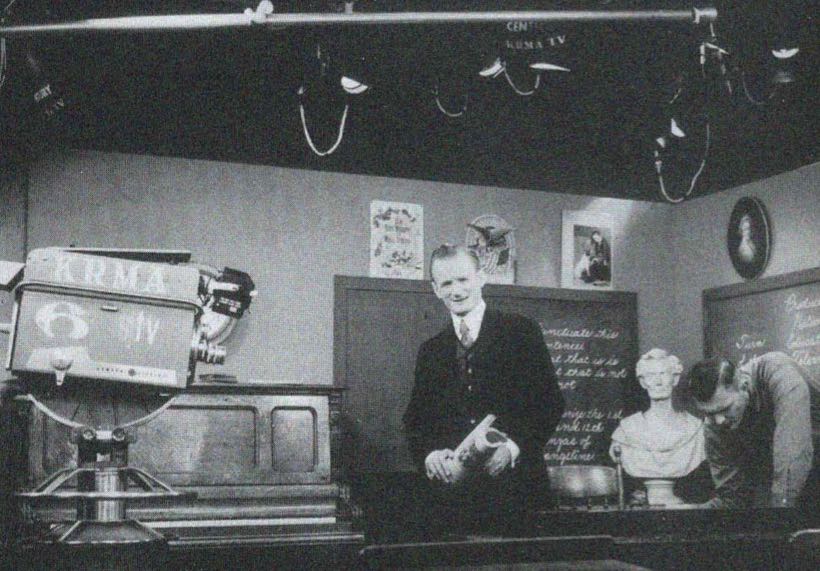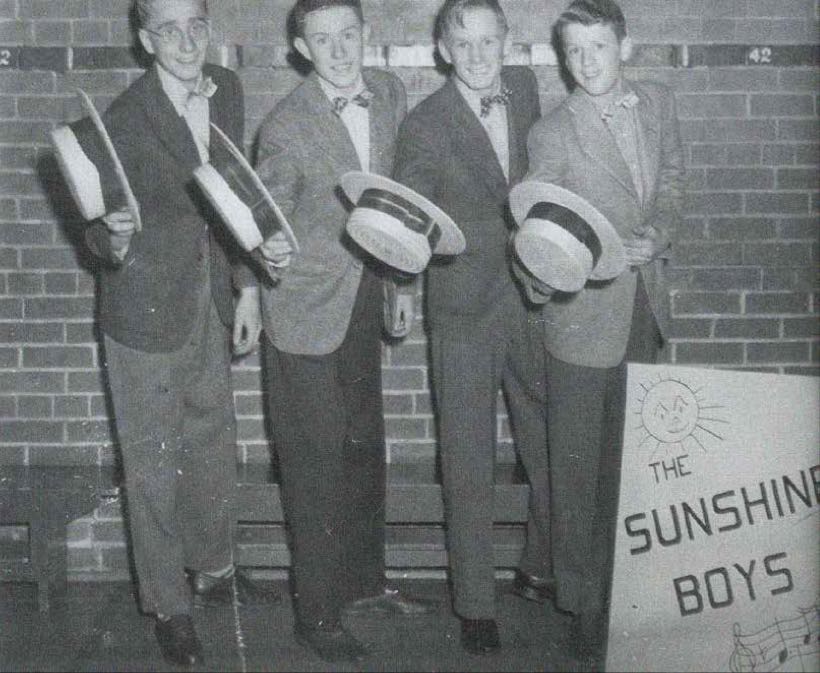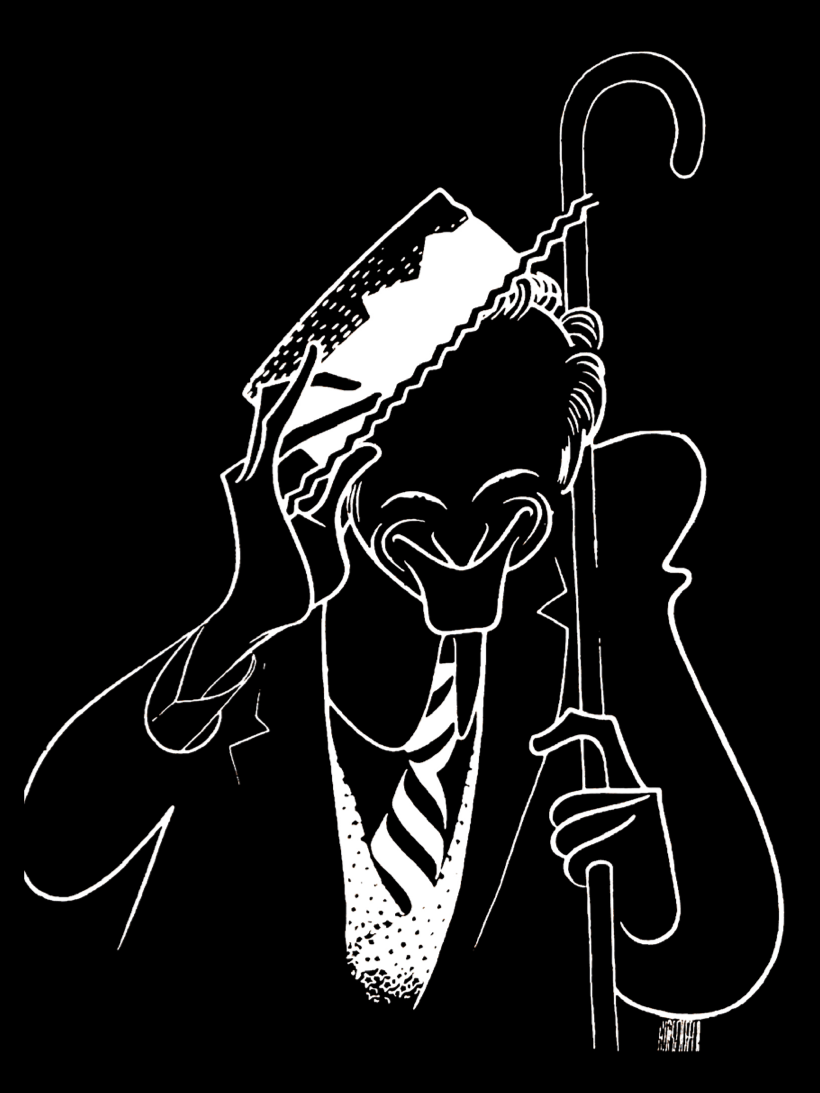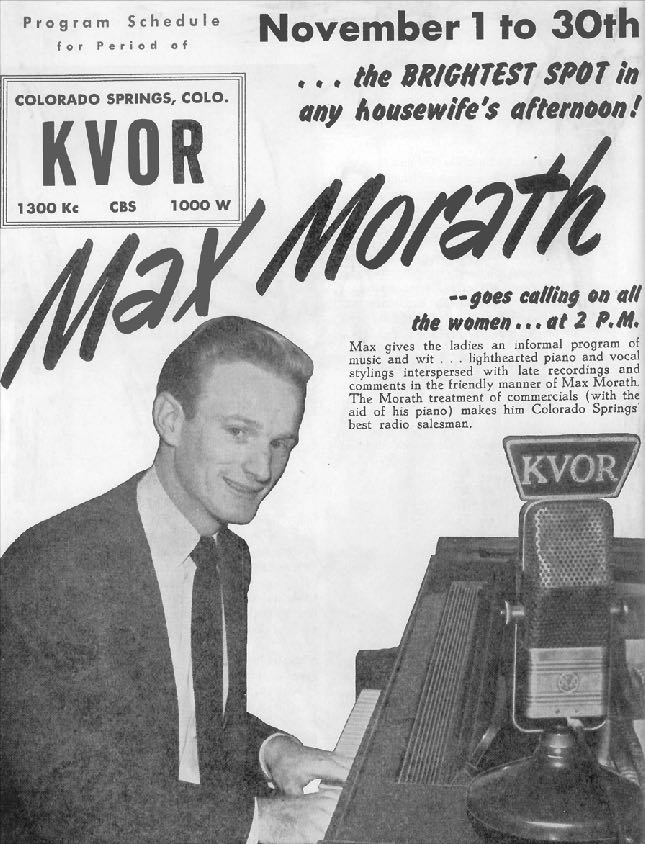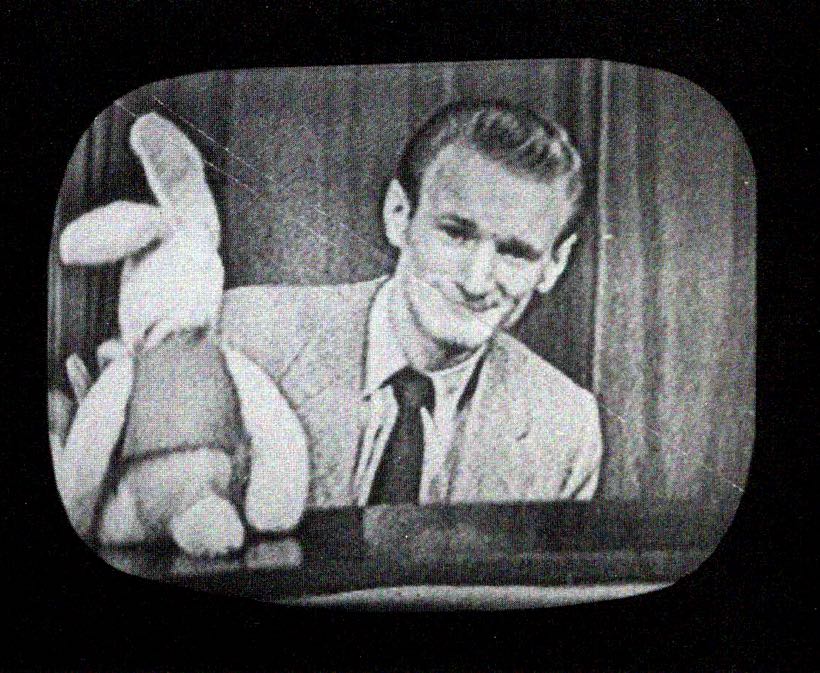Moving from Colorado to New York…
…circa 1963, Morath performed nationally at colleges and in nightclubs with his Original Rag Quartet. His off-Broadway one-man show, Max Morath at the Turn of the Century, was a sensation, and similar successful productions followed—The Ragtime Years, Living a Ragtime Life, The Ragtime Man and more.
Morath recorded music with the prestigious Vanguard record label and, within just three years, released four LPs: The Best of Scott Joplin in 1972 (a double album); The World of Scott Joplin, Volume 1 in 1973; and The World of Scott Joplin, Volume 2 in 1975.
In the subsequent decades, all the while backed by his experience on television, on stage, in the recording booth and writing books, Morath spent his time cultivating a wider appreciation of the ragtime genre with performances, lectures, published articles and more.

